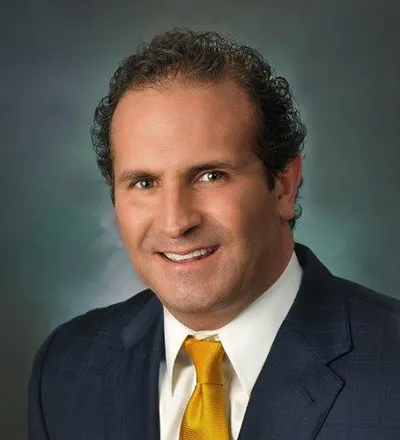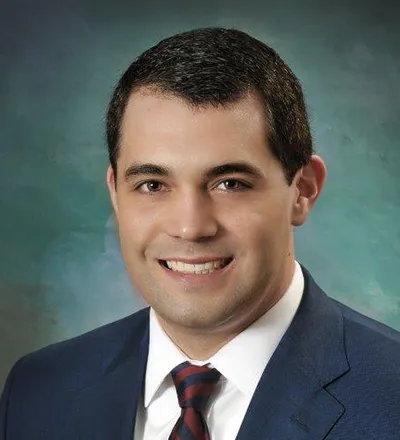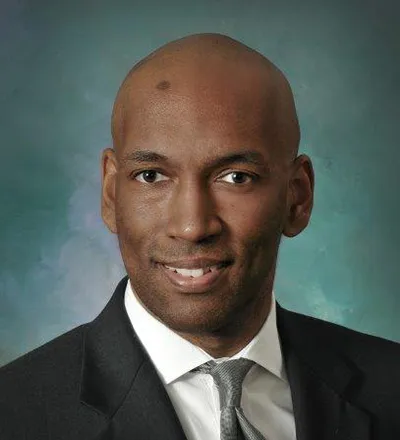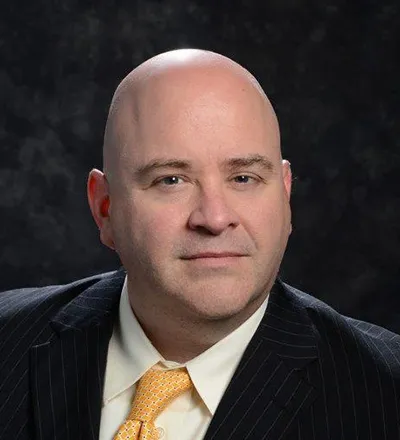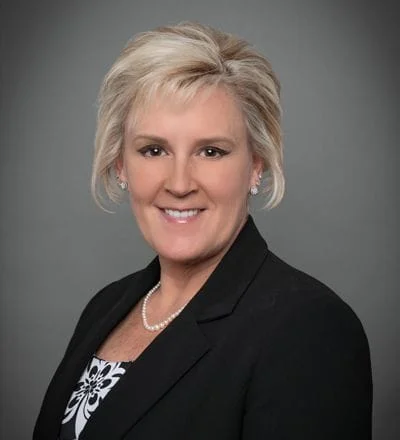
- posted: Feb. 20, 2023
- Litigation
Insurance companies are often criticized for taking any opportunity they can to raise premiums while limiting payouts on claims. However, one thing that drives up the costs of these premiums is rising litigation costs. The insurance industry, whether it be your local agent to attorneys retained to represent the interests of various insurance companies, knows all too well the impact that rising litigation costs can have on both the availability and pricing of coverages such as commercial auto, general liability and professional liability insurance. One problem that has developed in recent years that has raised, and appears primed to continue to raise, the price of insurance premiums is third-party litigation funding.
Third-party litigation financing (TPLF) is a largely unregulated and secretive practice whereby hedge funds and other entities and individuals funnel money into the plaintiff’s side of a case. If the plaintiff wins, the funder/investor receives a share of the recovery. The funder/investor might go so far as to pay all the litigation expenses and/or attorney’s fees.
As one might expect, when a plaintiff receives an infusion of hundreds of thousands or even millions of dollars to pursue a lawsuit, the litigation can last much longer than a normal case. Even the mere existence of the TPLF funder/investor can pressure an otherwise reasonable plaintiff to press on with litigation in order to obtain the largest possible recovery.
A recent study conducted to analyze the impact of TPLF on insurance litigation, and on insurance prices and coverage offerings, found that TPLF:
- Increases the frequency of large claims
- Reduces insurability
- Pushes litigation costs upward and leads to protracted litigation
- Leads to higher awards that benefit the investor/funder, not the plaintiff
- Creates ethical conflicts of interest
- Does not improve access to justice
The study concluded that TPLF makes the legal system less efficient and that higher damages awards and litigation costs drive insurance premiums higher.
TPLF raises other concerns as well. Plaintiffs’ lawyers are presented with an ethical dilemma. Feeling pressured to maximize the case’s return for the investor/funder, an attorney might make decisions that are in the best interest of the investor/funder, not the actual injured party. That could mean continuing with litigation even in the face of a settlement offer that would be sufficient to make the plaintiff whole.
As insurance defense lawyers, we are in favor of litigation financing reforms, such as a requirement that disclosure of third-party litigation funding be made at the outset of a lawsuit. Other steps, such as a cap on legal expenses and increased availability for fee-shifting to cover increased defense costs where TPLF is present, could be explored as well to ensure that litigation costs are kept at a reasonable level, thus eliminating the need to pass these additional costs to the end user..
Pullin, Fowler, Flanagan, Brown & Poe, PLLC in Charleston serves as defense counsel in general and commercial liability litigation, third-party liability claims, coverage disputes, ERISA matters and other types of litigation throughout West Virginia. Call 304-344-0100 or contact us online to speak with an attorney today.

























